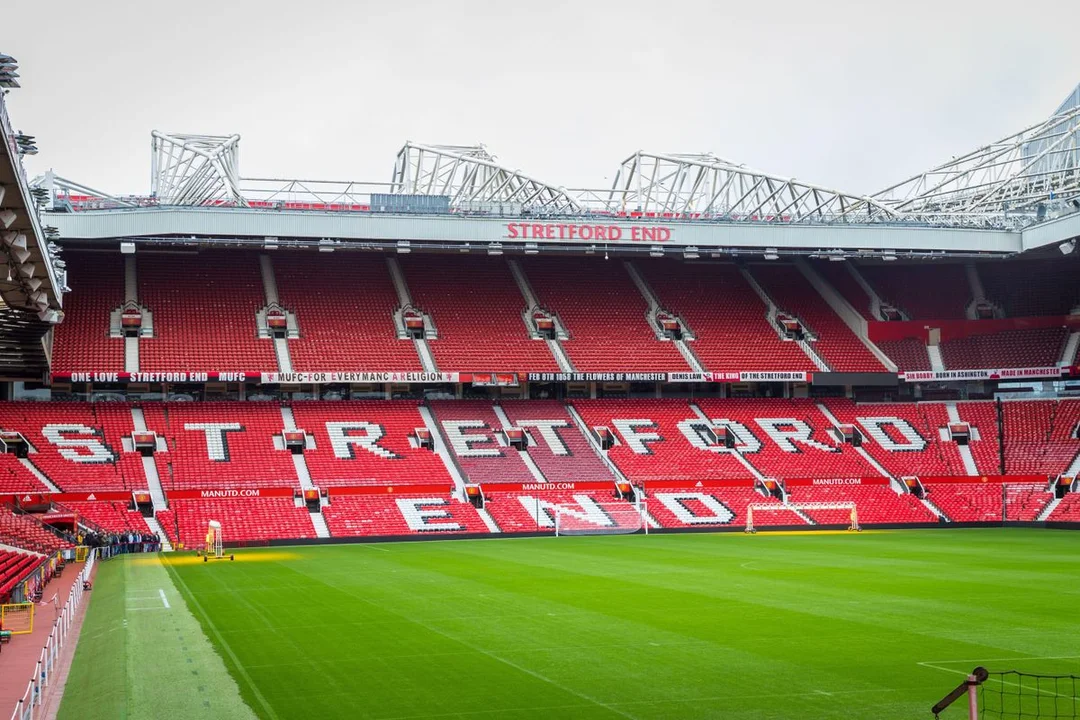
Manchester United’s Missed Opportunity: The £2bn Stadium Saga
In a surprising revelation, Manchester United turned down an offer for a free 80,000-seater stadium back in 2002, a decision that could have saved them approximately £2 billion. The proposed stadium, located in Farringdon, London, was part of a broader development plan that included residential and commercial spaces. The club's rejection of this offer has now come under scrutiny, especially in light of their current plans to use public funds for a new £2 billion stadium project at Old Trafford.
The controversy surrounding the new stadium project has intensified, with critics labeling it a 'half-baked, misbegotten scheme.' Graham Stinger, MP, has been vocal in his opposition, arguing that the use of public funds for such a project is inappropriate, especially given the club's past opportunity to secure a stadium at no cost. The debate has sparked a broader discussion on the financial management and strategic decisions of football clubs, particularly those with significant historical and cultural impact like Manchester United.
As the club navigates these financial and public relations challenges, fans and stakeholders are left to ponder what might have been had the 2002 offer been accepted. The saga continues to unfold, with the potential implications for Manchester United's future both on and off the pitch remaining a hot topic of discussion.